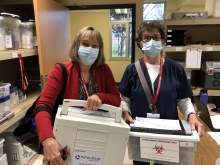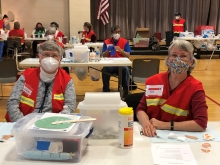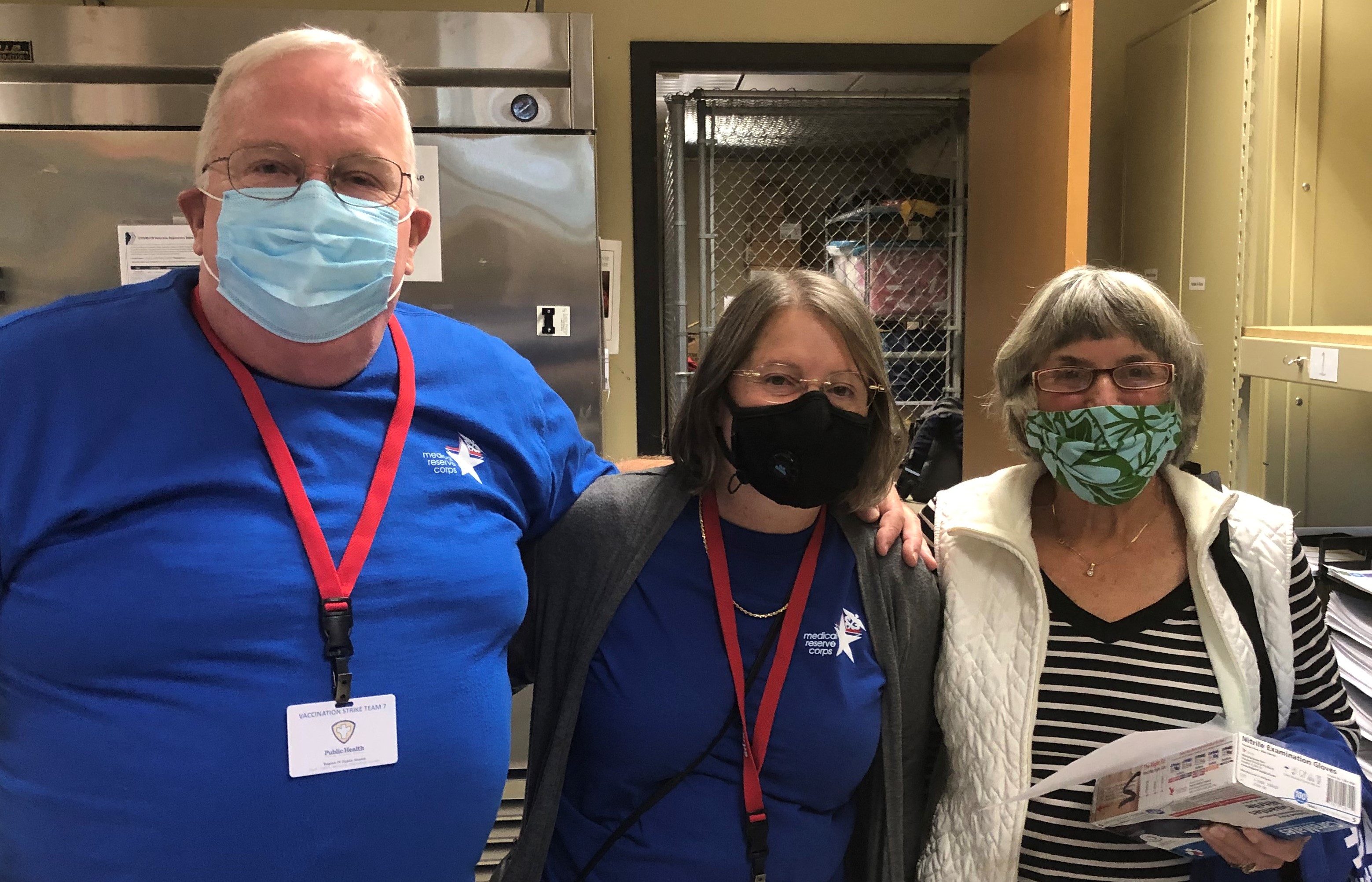The Medical Reserve Corps (MRC) is part of Citizens Corps and a national network of volunteers dedicated to help promote public health and improve on safety, preparedness, and emergency response capabilities. The need for the MRC became apparent after the terrorist attacks on September 11, 2001, when medical and public health professionals, eager to volunteer in support of emergency relief activities, found that there was no organized approach to channel their efforts. As a result, the MRC was established to recruit, train, and activate medical and public health professionals and other volunteers to respond to community health needs during disasters and public health emergencies. MRC volunteers include medical and public health professionals as well as non-medical community volunteers, all with a variety of essential knowledge and skills.
The Region 4 MRC (Southwest Washington) volunteers help support the needs in Clark, Cowlitz, Wahkiakum, and Skamania counties and the Cowlitz Tribe. Volunteers will receive valuable training, participate in exercises, and be at the heart of the response. Volunteers’ expertise and experience may also be valuable during non-emergencies or routine responses to public health concerns.


